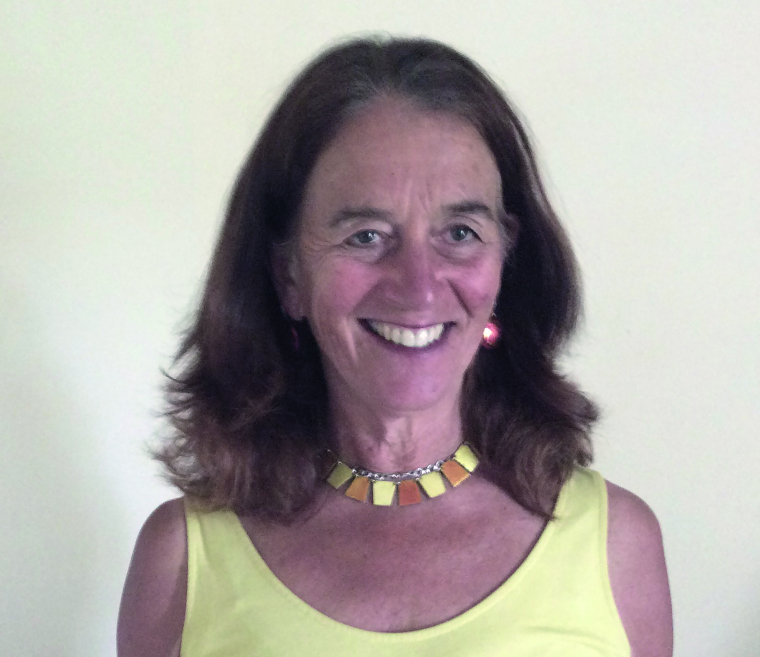My mother died when she was 94. She wanted to die and she died at home; it was a good death.
My father, 4 years her ‘junior’, could not, and did not want to, believe that she was dying. They had been married for 66 years and she had always been there. When it was clear that Mum was failing, my sister and I tried to talk to Dad about what was happening and that he would soon lose his wife. He was a very intelligent, self-educated man, but emotional intelligence and ability to express emotions had never been his strong point. The son of a shell-shocked survivor of First World War trenches, he had rarely been shown overt affection as a child and, other than warm words in letters, verbal or physical expression of affection was not in his repertoire.
Despite our repeated encouragement to spend quiet bedside time with Mum, he persisted in watching the news and the rugby, and deflected our attempts to engage him about her imminent death. Mum’s GP had not been a regular visitor. My sister and I had got the impression that, because I was a doctor, he assumed we would know when to call. Except that, immersed in such an emotionally demanding situation, medical objectivity was absent and I needed a professional to review and take clinical responsibility. There had been excellent nurse and carer attention but we had not been offered a medical plan, nor had our feelings and wishes been explored. There seemed to be an assumption that I would want to keep my doctor hat on, whereas what I wanted and needed was to be allowed to be a daughter.
Finally I called the GP and explained that Dad was struggling to believe that his wife was close to dying and that we would like him to talk to Dad. He visited, which was good, and started to speak to Dad in front of Mum, which was not so good. I suggested that they speak privately so that Dad could voice his worries and concerns, and ushered them both into the sitting room. According to Dad later, they talked briefly about Mum and then about golf. There was minimal sharing or conversation with us and we felt disappointed.
Mum continued to decline and, several days later, when she appeared to be in some discomfort, we called for a visit when we knew and liked the GP on duty. He calmly stood by Mum’s bedside and listened. She looked into his eyes and quietly asked him for ‘something to let me go’. He kept steady eye contact and said that he couldn’t do that but that he would make sure she was comfortable. With a few kind words he gave her comfort and she died at home the next day.
Dad survived a further 18 months but wanted ‘to be with Mum’ and got his wish after a final week, and a stroke, in a nursing home. His GP was caring and available, and always willing to discuss Dad’s progress. I made it clear to him that I wanted to be Dad’s daughter not his doctor, and he understood that. The day before Dad died, he came and sat silently with me by his bedside, paying respects and acknowledging that he was about to die.
Being the daughter, or son, of dying parents is demanding and difficult. Being a doctor adds a challenging dimension. It can be difficult to judge when it is appropriate to ask for help. There can be a reluctance to make requests in case they are interpreted as asking for special attention, yet it can be frustrating when things do not happen as you know they might do or need to do. Family members may understandably seek guidance and explanation, and this can lead to further role ambiguity. It is very easy for the GP to make assumptions about what involvement the patient’s medical son or daughter wants to have, and there is significant potential for confusion. What I would have really appreciated, especially when Mum appeared to be approaching the final part of her journey, was to have had a conversation with her GP and agreeing, and being explicit about, my role and how we would work together to achieve the best possible care.
Looking after doctors and the relatives of doctors can be challenging in many ways. At some stage in our lives, we will all be on the receiving end. Surely it deserves more attention in training?



